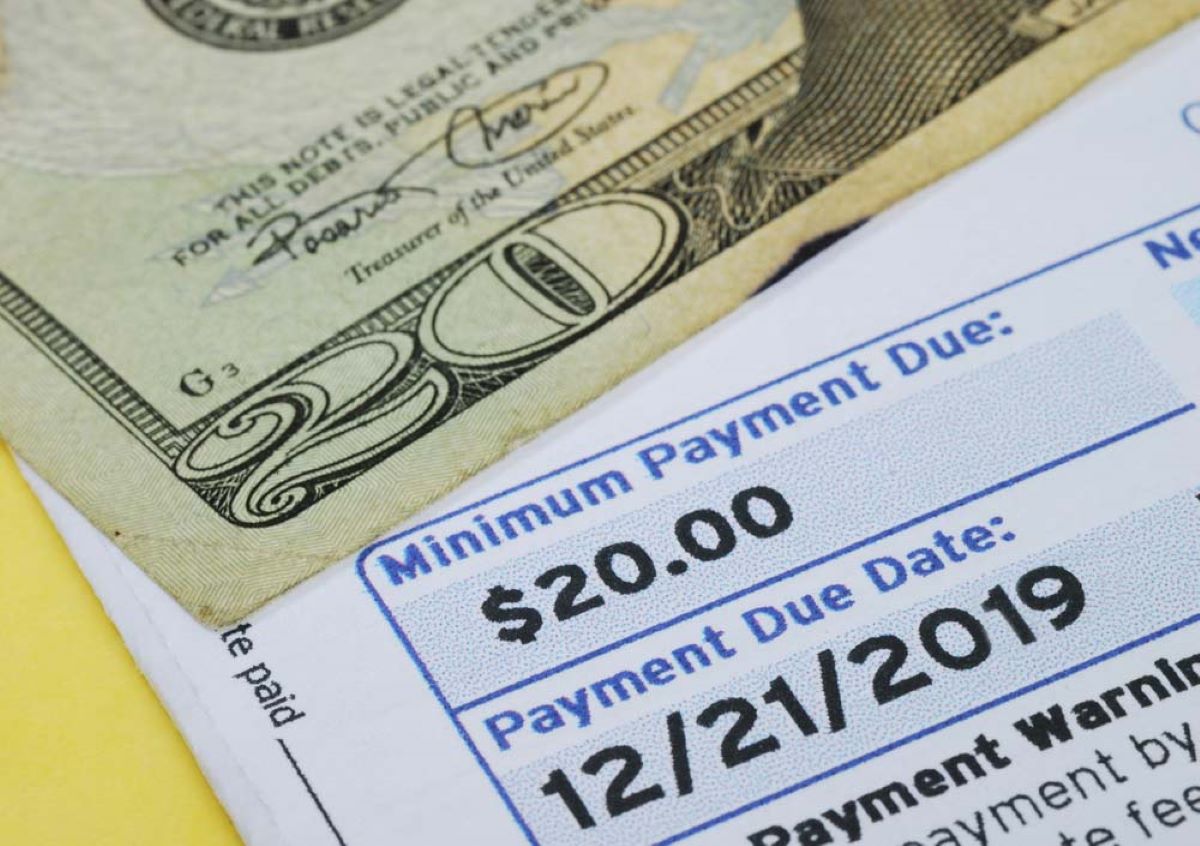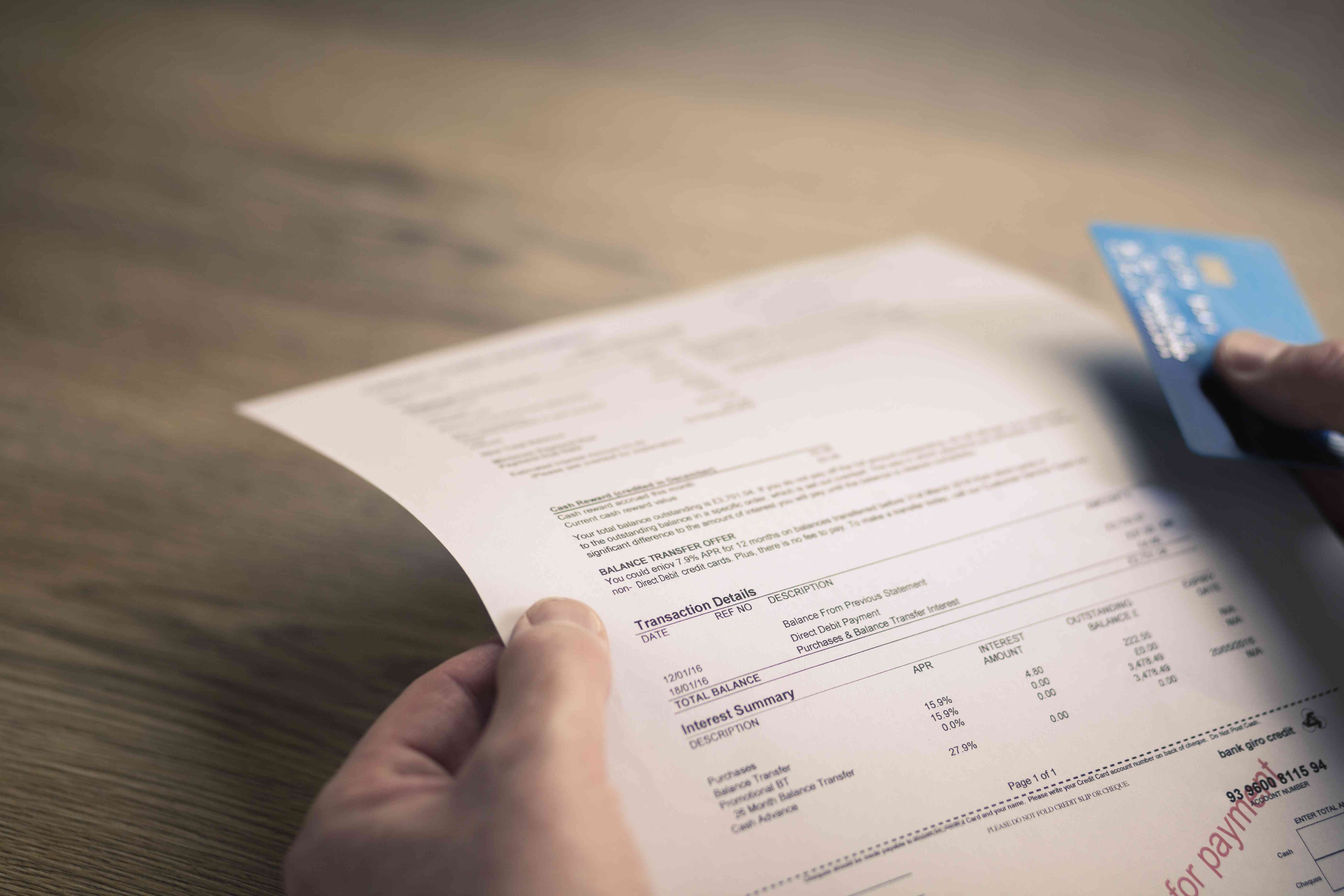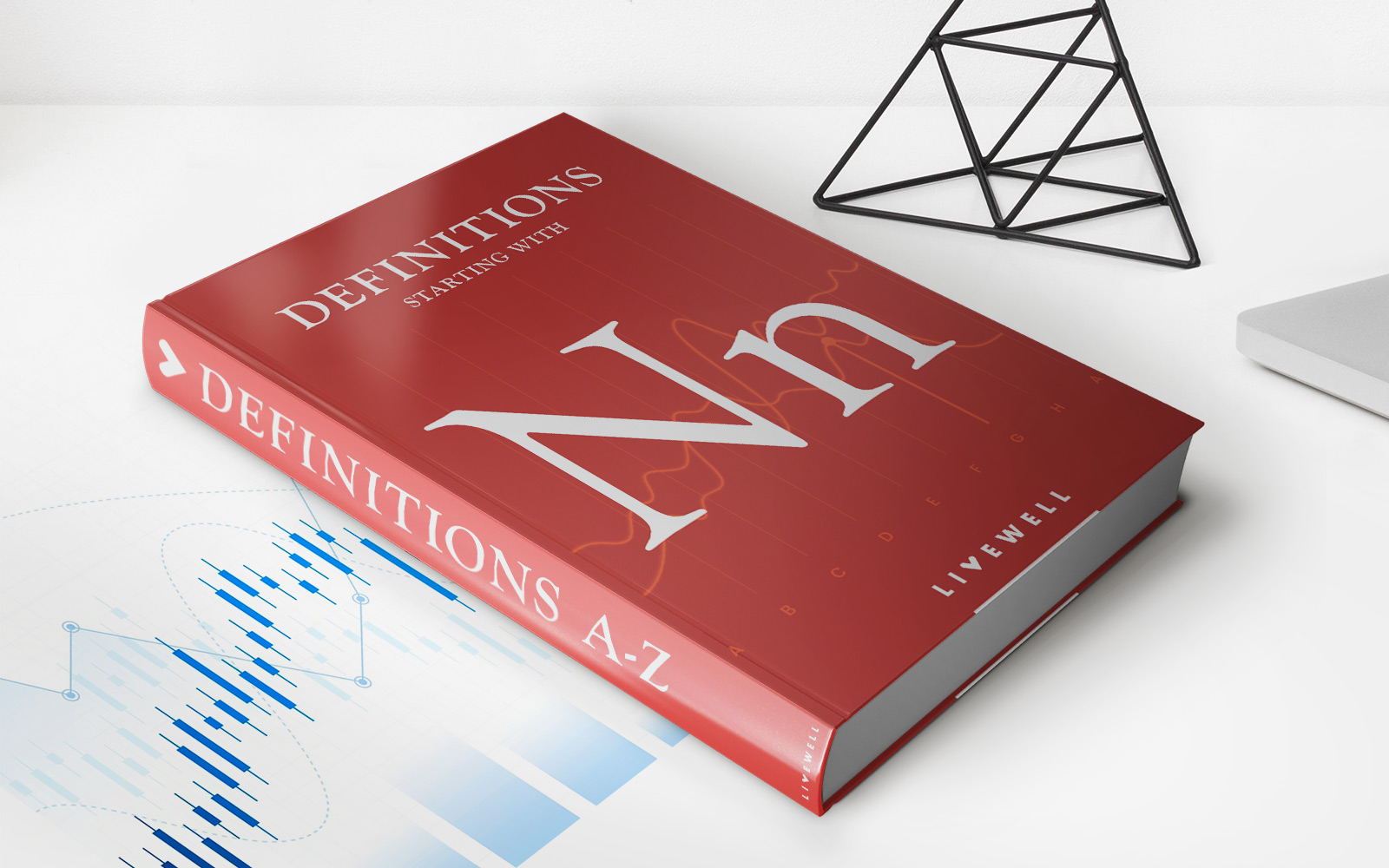Home>Finance>What Happens If I Can’t Make The Minimum Payment On My Student Loan


Finance
What Happens If I Can’t Make The Minimum Payment On My Student Loan
Published: February 27, 2024
If you're struggling to make the minimum payment on your student loan, learn about the potential consequences and options available to manage your finances effectively. Get expert advice on navigating the challenges of student loan repayment.
(Many of the links in this article redirect to a specific reviewed product. Your purchase of these products through affiliate links helps to generate commission for LiveWell, at no extra cost. Learn more)
Table of Contents
Introduction
Welcome to the world of student loans, where the pursuit of higher education often comes with the financial responsibility of repayment. As a student loan borrower, you may find yourself facing the challenge of making minimum payments. While the intention is always to meet these obligations, life can throw unexpected financial curveballs that make it difficult to keep up with the required payments. In this article, we’ll explore the implications of not being able to make the minimum payment on your student loan and discuss the potential consequences and available options for addressing this situation.
Understanding the dynamics of student loan repayment is crucial for every borrower. The minimum payment represents the smallest amount you are required to pay each month to keep your loan in good standing. It’s essential to comprehend the implications of missing these payments, as it can have a significant impact on your financial well-being and credit history. Let’s delve into the details of what the minimum payment entails and the potential repercussions of falling short on these obligations.
Understanding the Minimum Payment on Student Loans
When you take out a student loan, you agree to a set repayment schedule, which includes a minimum monthly payment. This minimum payment is calculated based on various factors, including the total amount borrowed, the interest rate, and the term of the loan. It’s important to note that the minimum payment may not be sufficient to cover the accruing interest, which can result in the loan balance increasing over time if only the minimum payment is made.
Understanding the components of the minimum payment is essential. It typically consists of both principal and interest, with a portion of the payment allocated to reduce the outstanding balance (principal) and the remainder going towards the interest accrued on the loan. The goal of making the minimum payment is to ensure that you are meeting the basic requirement to keep the loan in good standing and avoid default.
It’s crucial to be aware of the terms and conditions of your student loan, as they can vary depending on the type of loan and the lender. Federal student loans, for example, have standardized minimum payment requirements, while private loans may offer more flexibility but often come with higher interest rates. Understanding the specifics of your loan agreement will empower you to make informed decisions regarding your repayment strategy.
Furthermore, being proactive in managing your student loan payments can help you avoid unnecessary financial stress. Exploring options such as income-driven repayment plans or loan consolidation can provide relief if you are struggling to meet the minimum payment requirements. By staying informed and proactive, you can navigate the complexities of student loan repayment more effectively and make informed decisions regarding your financial future.
Consequences of Missing Minimum Payments
Missing the minimum payment on your student loan can have serious repercussions that extend beyond the immediate financial impact. One of the primary consequences is the potential damage to your credit score. When you fail to make the required minimum payments, your loan can become delinquent, and this negative information is reported to credit bureaus, impacting your creditworthiness. A lower credit score can affect your ability to secure future loans, rent an apartment, or even obtain certain job positions that require a good credit history.
Furthermore, missing minimum payments can lead to the accumulation of late fees and penalties, increasing the overall cost of your loan. The longer the delinquency persists, the more severe the financial consequences become. In some cases, the lender may initiate collection efforts, which can result in additional fees and legal actions if left unresolved.
Another significant consequence of missing minimum payments is the potential impact on your mental and emotional well-being. Financial stress resulting from the inability to meet loan obligations can take a toll on your overall quality of life, affecting your relationships, work performance, and overall sense of security. It’s essential to recognize the holistic impact of financial difficulties and seek support if you find yourself struggling to manage your student loan payments.
Moreover, defaulting on your student loan due to consistent failure to make minimum payments can have long-term implications, including the possibility of wage garnishment and the loss of eligibility for deferment, forbearance, or alternative repayment plans. By understanding the gravity of missing minimum payments, borrowers can take proactive measures to address financial challenges and avoid the detrimental consequences that can arise from prolonged delinquency.
Options for Dealing with Inability to Make Minimum Payments
When faced with the inability to make the minimum payment on your student loan, it’s crucial to explore available options to address the situation proactively. One potential solution is to contact your loan servicer to discuss alternative repayment plans. Federal student loans, for instance, offer income-driven repayment options that adjust the monthly payment based on your income and family size. These plans can provide relief by making the payments more manageable, especially during periods of financial hardship.
Another viable option is loan consolidation, which involves combining multiple student loans into a single loan with a fixed interest rate. This can simplify the repayment process and potentially reduce the monthly payment amount by extending the loan term. However, it’s essential to carefully consider the implications of consolidation, as it may result in paying more interest over the life of the loan.
For borrowers experiencing temporary financial hardship, deferment or forbearance may be available. These options allow you to temporarily postpone or reduce your loan payments, providing breathing room during challenging times. However, it’s important to note that interest may continue to accrue during deferment or forbearance, potentially increasing the overall cost of the loan.
Exploring the potential eligibility for loan forgiveness programs is another avenue to consider. Public Service Loan Forgiveness (PSLF) and Teacher Loan Forgiveness are examples of programs that offer partial or complete forgiveness of student loans for individuals working in public service or education, provided they meet specific criteria.
Additionally, seeking financial counseling or guidance from reputable sources can provide valuable insights into managing student loan debt. Understanding your rights and responsibilities as a borrower, as well as developing effective budgeting and financial management skills, can contribute to a more sustainable approach to addressing the challenges of making minimum payments on student loans.
By actively engaging with your loan servicer and exploring the available options for repayment, you can take proactive steps to address the inability to make minimum payments, ultimately mitigating the potential long-term consequences associated with delinquency and default.
Conclusion
Managing the minimum payments on your student loans is a significant aspect of your financial responsibility as a borrower. Understanding the implications of missing these payments and the potential consequences is crucial for maintaining your financial well-being and creditworthiness. While the inability to make minimum payments can be daunting, it’s essential to approach the situation proactively and explore the available options for addressing financial challenges.
By staying informed about alternative repayment plans, loan consolidation, deferment, forbearance, and loan forgiveness programs, you can navigate the complexities of student loan repayment more effectively. Engaging with your loan servicer and seeking financial counseling can provide valuable support in managing your student loan debt and developing a sustainable approach to repayment.
It’s important to recognize that experiencing financial hardship and struggling to make minimum payments on your student loans is a common challenge faced by many borrowers. Seeking assistance and taking proactive steps to address these difficulties can help alleviate the potential long-term consequences associated with delinquency and default.
Ultimately, by remaining proactive, informed, and resourceful, you can work towards managing your student loan obligations in a way that aligns with your financial circumstances and goals. Remember that you are not alone in facing these challenges, and there are resources and options available to support you in navigating the complexities of student loan repayment.














